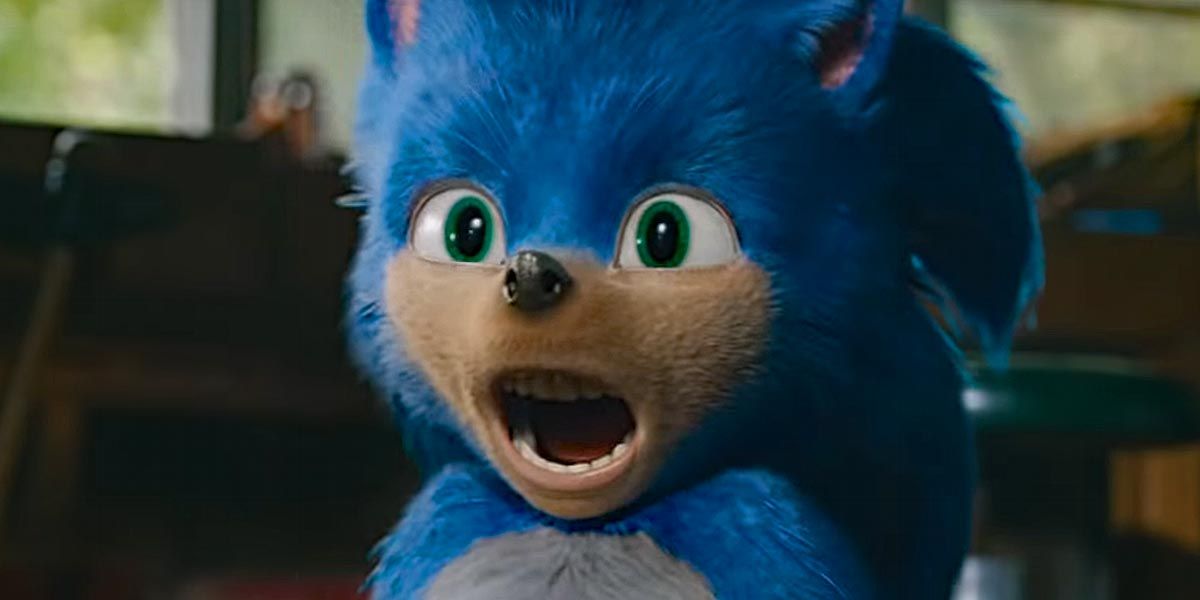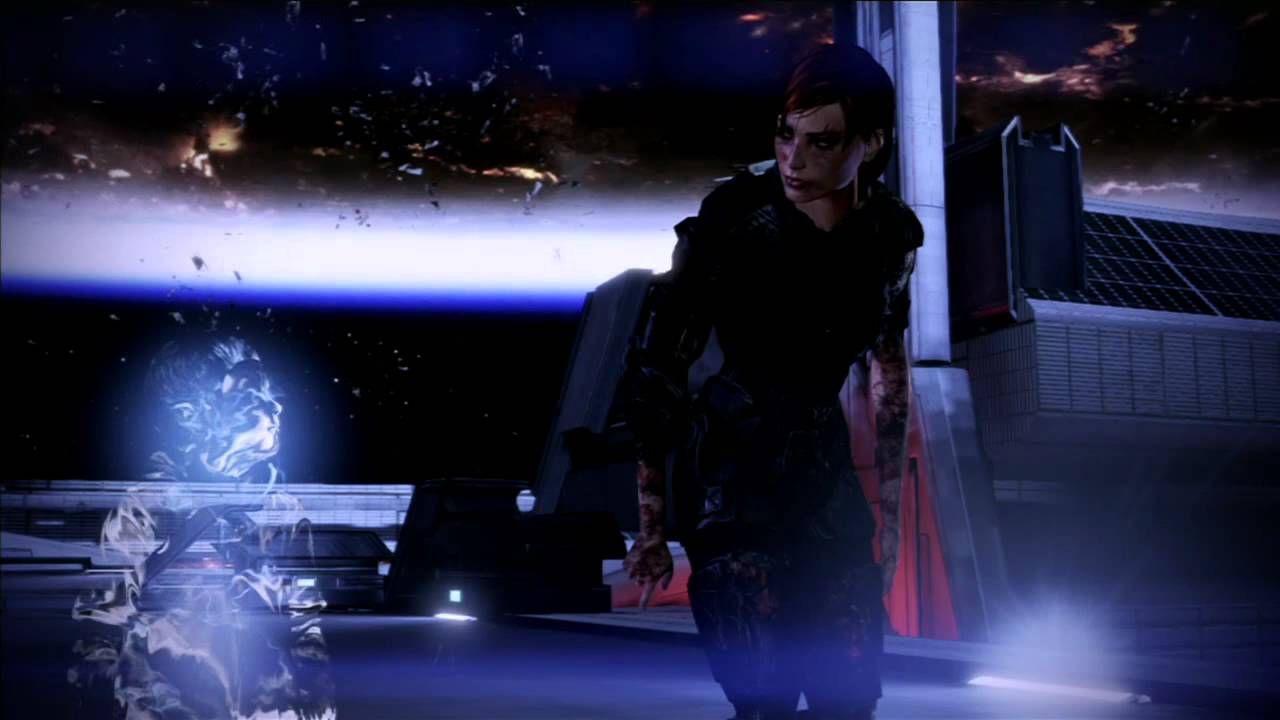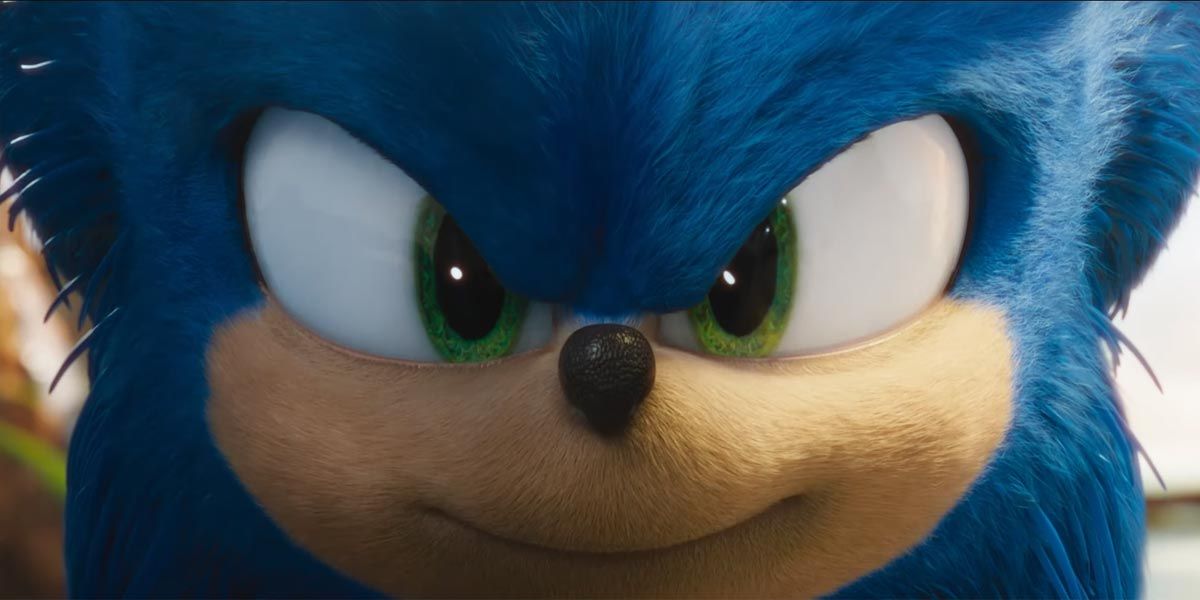Fans can be passionate. And who can blame them? They dedicate their time, money and love towards a particular show, game, movie or comic, and it's only natural for a person to be protective of how these things are portrayed. But sometimes, overly aggressive fans can have a negative impact on the art they're passionate about.
There has been a spike in fans lashing out at publishers, authors and creators of all sorts. People have pushed for the creator's work to be exactly how the fans imagined it without thinking about how the artist wishes to portray things or the the financial/corporate limitations. This can lead to turbulence within the creator's field and their work. This forces creators to change things as the fans see fit without regard to the overall statement the creator is trying to make. It's time to start really thinking about how we, as fans, treat artists.
Mass Effect 3 Led to Outraged Fans
When the highly-anticipated Mass Effect 3 was released in 2012, fans were furious. Mass Effect fans had dedicated many hours of their lives to the series, and the games centered on making choices as Commander Shepherd that impacted the entire story. However, the end of Mass Effect 3 threw fans into a tailspin.
The ending of the game left fans with essentially three choices that led to different endings. But these endings were not particularly different from one another. Additionally, many choices players made before the end were not taken into account. This led to the endings feeling disconnected from the rest of the game. Fans saw this as a slight, and shortly after a petition for BioWare to change the game started. Eventually, BioWare created DLC content that expanded on the ending, but this did little to quell the fan outrage.
BioWare held strong to its vision of the ending, outrage be damned. The studio did address the issues a little but did not completely alter their ending to suit the fans' demands. And really, why should it? Video games, whether we admit it or not, are an art form. This work is, essentially, BioWare's art, not the art of the fans. BioWare shared this story and game with players. But because players felt the ending wasn't strong enough, they made demands of BioWare and pressured the studio into changing content they didn't like. The threats of refusing to make a change if demands aren't met is a little excessive for an art form.
Sonic's Redesign is Better But Costly
Then there's our lovable Sonic the Hedgehog movie. When the original trailer for the movie dropped, fans were again outraged. In all fairness, Sonic definitely did not match the video game or TV shows that he originally starred in. Sonic fans took to the internet to air their grievances over the design. As a result, Paramount folded and postponed the movie so as to redo the character. The studio has since released a new trailer, giving viewers a Sonic that is reminiscent of the hedgehog they grew up with.
Paramount reportedly paid about $5 million dollars to update Sonic. Now, compared to the originally reported $35 million price tag, that's not so bad. But it still took a lot of money and time to make the necessary changes. This does raise a major question, though: Will fans actually show up to the movie?
That question can't be answered until the movie actually releases. However, if fans who complained about Sonic's original look don't go, that casts doubt on the value of all of these petitions and complaints, which might impact whether other studios and publishers make changes in the future.
The Impact of Fans
These aren't the only examples of fans demanding changes. Game of Thrones, Justice League and so many other properties have seen fans calling for changes, with varying degrees of success. But this demand across as a bit entitled. Artists should be able to express their art in any way they want. Fans shouldn't sit on their side of the computer screen and expect the changes they want to be made. This entitlement that fans have over other people's art is dangerous and teeters on the brink of trying to control other people's perceptions, because, in reality, art is an expression of personal perceptions and perspectives.
As fans, we have every right to feel whatever way we want about a fandom, and we can leave one if we so choose. Fans are more than welcome to vent their frustrations online or anywhere else they want. But it's excessive for them to force artists to change their craft to suit the their own needs.
If fans feel the need to vent their frustrations and the creator decides to make the changes they have demanded, it is the responsibility of the fans to go endorse that movie, game, TV show or whatever else. If we, as fans, don't put our money where our mouths are, then the complaints didn't really matter in the first place.




